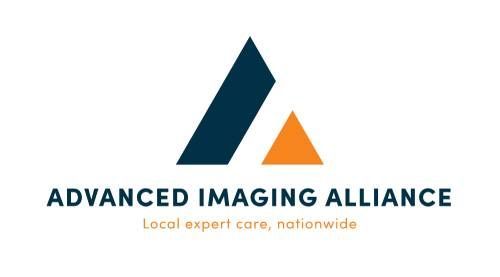Bone Densitometry (DEXA)
What is Bone Densitometry (DEXA)?
Dual-energy x-ray absorptiometry (DEXA) can help your doctor predict the risk of bone fractures. DEXA is a fast, non-invasive 15-minute test that uses a very small dose of radiation to produce detailed images of bones. Radiologists usually measure the bone density in the patient’s spine and hip, but they sometimes perform a DEXA scan to assess the bone density of the forearm. These images help doctors determine the strength of a patient’s bones and their risks for bone fractures. The image developed also helps doctors determine if the current treatment plan is working.
DEXA scan images help doctors detect signs of health issues associated with bone density. One of the main health issues associated with bone density is osteoporosis, a condition that weakens your bones and increases your risk for sudden and unexpected fractures.
What Is Osteoporosis?
The word ‘osteoporosis’ means ‘porous bone.’ If you have been diagnosed with osteoporosis, this means you have less bone mass and weaker bones than you should. Consequently, you are also at a higher risk for bone fractures. In fact, bone densitometry is the only test that can diagnose osteoporosis before a bone fracture occurs.
Understanding Bone Density Test Results
Doctors discuss bone density test results in terms of T-scores, which compare your bone density to that of a healthy 30-year old adult. The lower your T-score, the lower your bone density. Keep in mind that a T-score of -1.0 is lower than a T-score of 0.5 and that a T-score of -3.5 is lower than a T-score of -3.0.
Guide to Understanding T-Scores
- A T-score of -1.0 or above (such as 0.9, 0 and -0.9) = normal bone density
- A T-score between -1.0 and -2.5 (such as -1.6 and -2.4) = low bone density
- A T-score of -2.5 or below (such as -3.3 and -3.9) = osteoporosis
How Often Should I Have a DEXA Scan?
If you take osteoporosis medication to strengthen your bones, the National Osteoporosis Foundation suggests you have a DEXA scan every two years. If your doctor starts you on a new osteoporosis medication, they may recommend scheduling another bone density test after one year.
What Is The Cost of a DEXA Scan
A DEXA scan can cost a diagnostic imaging clinic thousands of dollars, but the cost of a DEXA scan for the patient is much lower. The average price for bone densitometry is $150 to $250. Medicare and private insurance companies typically cover the cost for older patients who are at risk for osteoporosis. Copays are usually $10 to $30, or between 10% and 40% of the total cost.
Our
team of 12 physicians at NVRA performs a variety of services, including bone densitometry, in
Waterbury, Prospect, and Southbury. The other
services at NVRA include 3D digital mammography, arthrography, computed tomography (CT), echocardiography, magnetic resonance imaging (MRI), image-guided biopsies, ultrasounds, x-ray, and vein treatments. We are a full-service diagnostic imaging network that works closely with your healthcare provider. New and returning patients can
contact NVRA today by filling out the
online form or by calling 203-753-NVRA (6872).


LOCATIONS
Prospect
166 Waterbury Road, Suite 105
Waterbury
1389 West Main Street, Tower 1, Suite 107
Southbury
385 Main Street, South Union Square, Building 2
© Naugatuck Valley Radiological Associates NVRA). All Rights Reserved.



